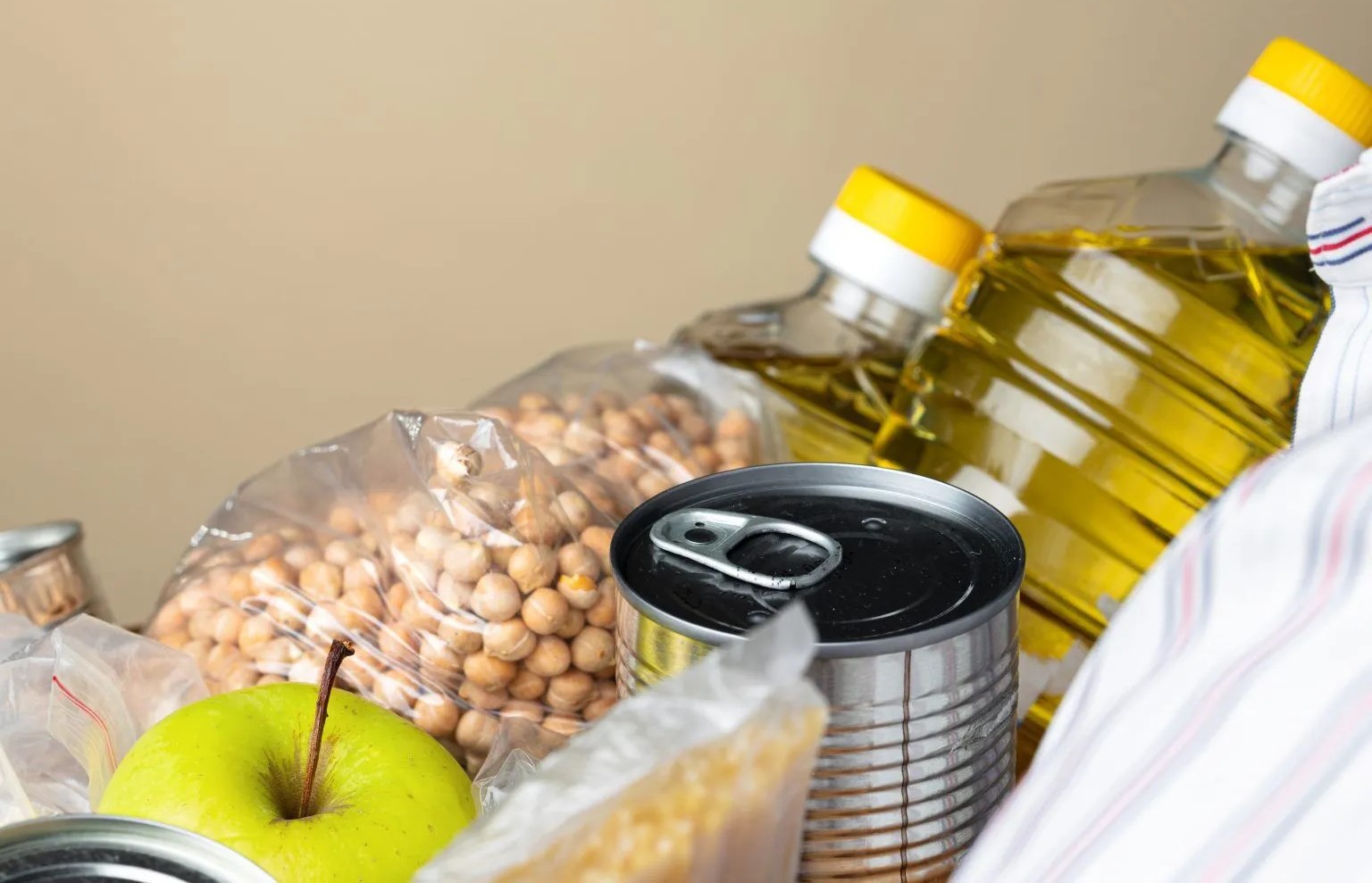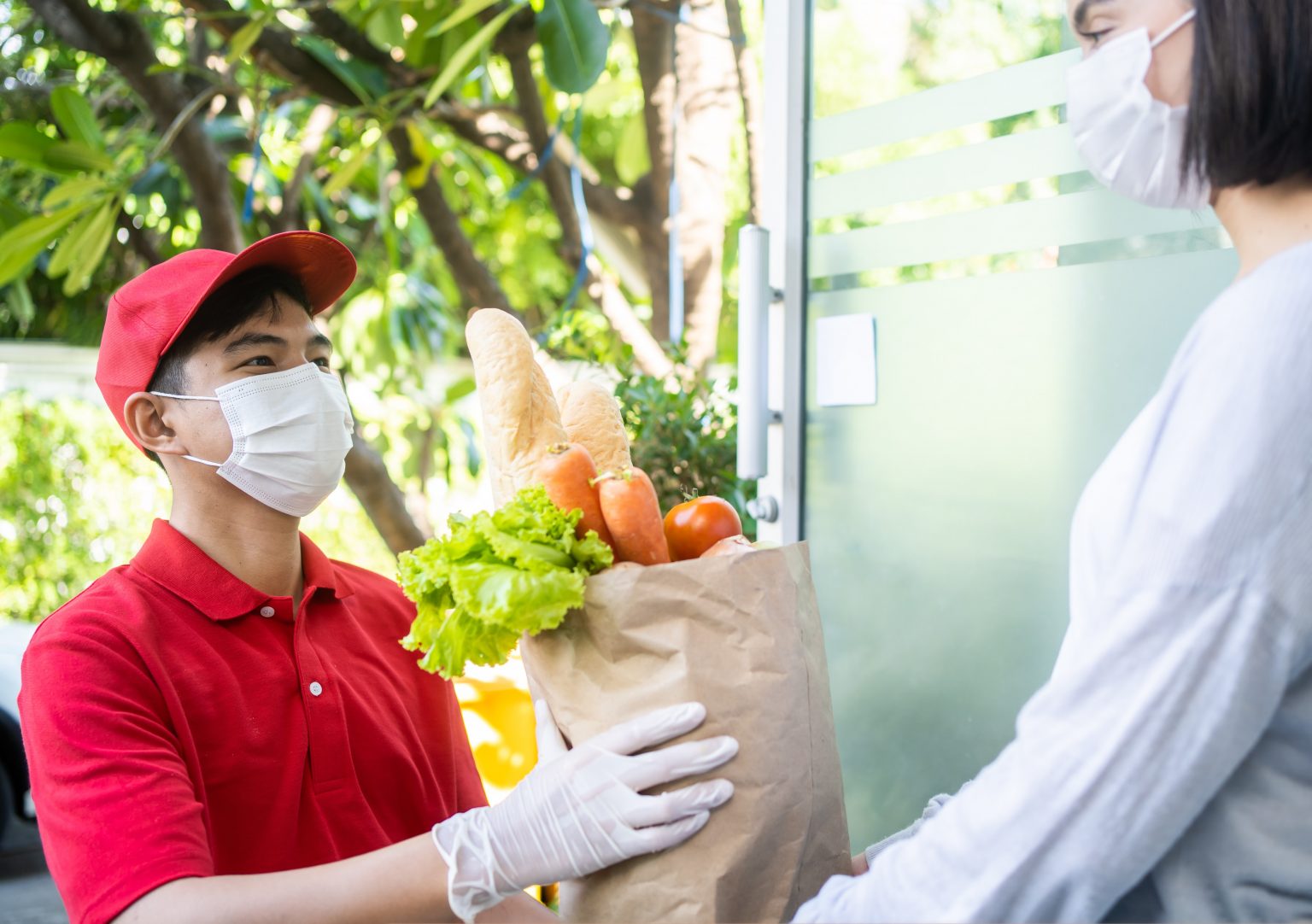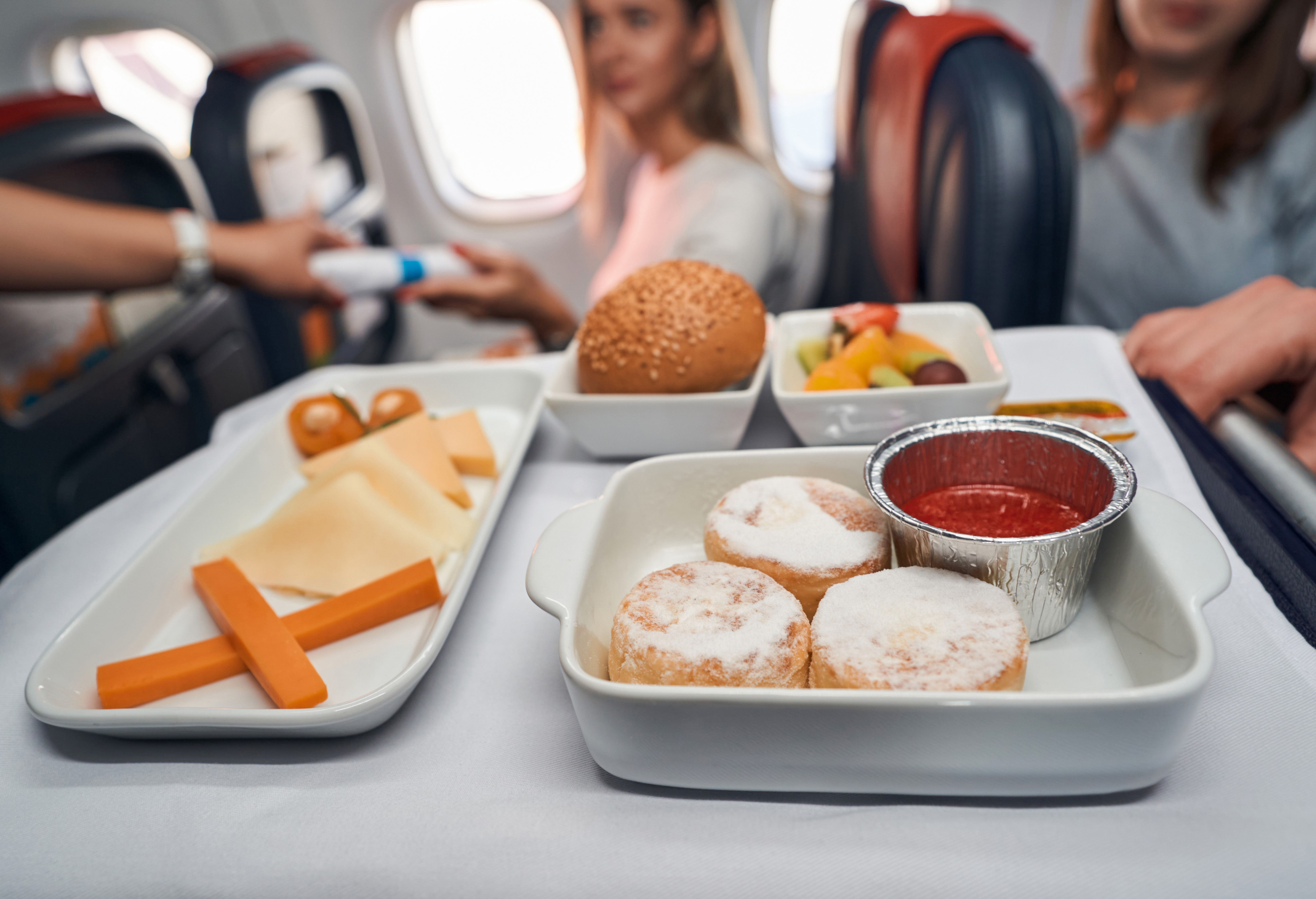Last Updated on September 3, 2024 by Admin
Table of Content
- Quality control and quality assurance with their right propositions
- Focusing on hygiene post-pandemic
- How to create a quality assurance plan?
- Best way to reduce waste through quality assurance
- Matching with the compliance guidelines
All the consumers out there are looking for ways to receive quality while making a purchase. But, when it is about the food you intake, this statement will take on to a completely new level. During this period of the COVID-19 pandemic, consumers are becoming more concerned about what they are planning to put inside their bodies. Food processors who have failed to deliver quality will run the risk of customer dissatisfaction. It results in reduced demand, which in turn, leads to the potential closure of a food brand!
Quality control and quality assurance with their right propositions:
Quality control should be the center of attraction within your operations. It ensures that all the products go out in their proper condition. However, in some instances, quality control should not be prioritized over quality assurance in the food industry.
- By adding some effective assurance protocols, you get the chance to prevent contamination of your food items before those final checks.
- According to our experts, promising quality assurance will allow for that efficient process. With it comes amazing rewards not just for you but also for your consumers.
- Quality assurance will create a post-pandemic focus on the level of hygiene and
- Proper quality assurance results in increased customer satisfaction.
- It also helps in enabling that faster turnaround time for sure.
Read Also: Food Safety and Different Types of Food Contaminations
Focusing on hygiene post-pandemic:
When it comes to food matters, hygiene has always had a top-notch priority. Customers can rightfully demand products, which are free from contaminations and have been handled hygienically.
- After the COVID-19 pandemic, the food industry has come under the spotlight for food manufacturers.
- The importance of cleanliness standards and excellent hygiene was highlighted further when a string of food manufacturers reported the outbreak of COVID-19 within their industries.
- It provides a sharp focus on the necessity of adding rigorous hygiene practices to help prevent any further spread and also to reassure good consumers and retailers that they are dealing with safe food items.
- The Food Standards Agency has already emphasized the critical role of the hygienic protocol to help food manufacturers in adapting to the pandemic challenges.
- The main goal of this step is to show that their items are “COVID secured” and will maintain and build trust among the consumers as well.
- The current role of hygiene to reduce COVID spread out coincides with the position that it takes in reducing bacteria of multiple kinds.
- It helps in keeping the staff members and customers safe. It is one way to reduce the current cause of illness stemming from the production level.
Even though some forms of contamination can be detected during the chosen quality control stages, mainly the physical ones, this is not always the case when it is bacterial contamination. In its place, quality assurance in the food industry is highly needed to ensure cleaner environments and proper practices to help reduce the present risk of bacteria making their way into food items.
How to create a quality assurance plan?
A quality assurance plan can be well crafted by having an extensive regular cleaning plan for all your production lines. The main goal is to deliver proper staff training to help encourage personal responsibility during the workday.
- The team should use washable and hygienic equipment to cover up their production lines.
- They should further ensure that all the proper guidelines are followed well.
- It helps in adding a safer customer base, who won’t think twice before purchasing products in the post-pandemic new normal arena.
- In case you craft an environment of quality assurance, then we at FICSI believe that you will benefit highly from the rewards.
Best way to reduce waste through quality assurance:
Another benefit of quality assurance over quality control is that once you reach the quality control stage, it gets too late quite often. Any item that has been subject to contamination will already get affected. It will leave the food processors with no other option but to remove the compromised batches and then start all over again!
- With quality assurance, you can get your focus on preventing these issues from taking place right from the get-go.
- So, it is a proven way to help reduce waste by ensuring contaminant-free items all the time.
- Waste at higher levels is always the main problem. It mainly translates to increase cost and lots of time.
- Moreover, throwing away materials that you could have sold otherwise will lower your profit margins big time.
- Cutting down the waste level can always have a substantial impact on your costs big time.
Matching with the compliance guidelines:
Quality assurance indeed means having the right practices in place when it is about safety and hygiene. So, it is not a surprise that quality assurance will go hand in hand with compliance.
Food production in India should match up with a host of regulatory needs, as imposed by the food standard agencies.
- There might be some local requirements and laws, which are relevant to the chosen sector that you operate within like HACCP, GMP, and more. With us at FICSI, you will learn about these points through our courses.
It is mandatory for the processors to match with the rigid rules regarding ways they should produce and handle their products. It mainly involves working on the hygiene levels and getting used to some procedures that safeguard consumers from any harm, as resulted from consumption.
Join us at FICSI, where we will talk about quality assurance and quality control, along with the benefits they follow. Visit our official website to learn more about the courses we have in store for you.













